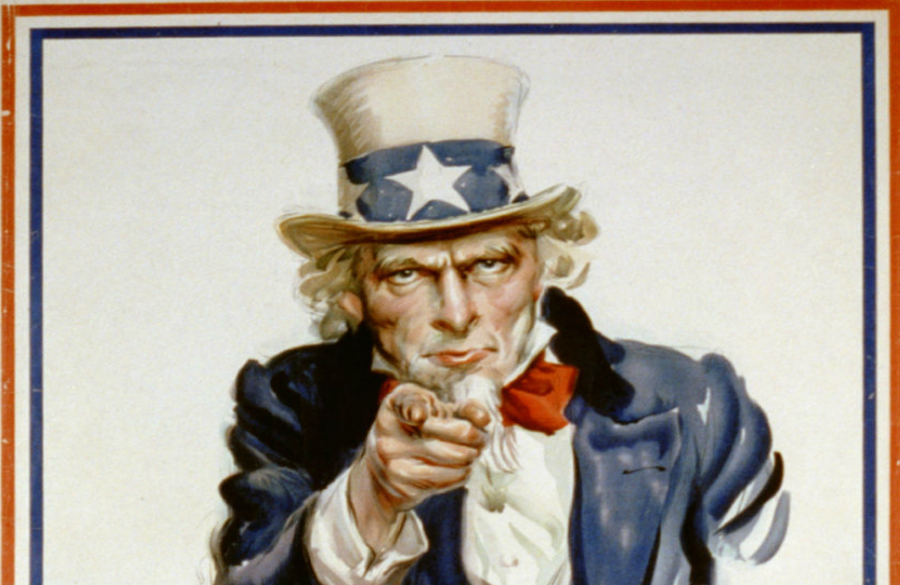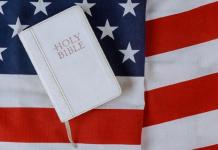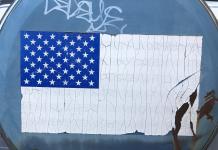
Is broad and deep education a blessing or a curse for a soldier on the sharp end of America’s foreign wars?
I’ve lived a soldier’s life. Moved seven times in 11 years. Fought two wars. Lost near a dozen soldiers in one way or another. And, well, lost faith in near everything I believed when it all began at the tender age of 17. In that time, I’ve sought to balance soldiering and scholarship. Perhaps that was my mistake.
It’s almost over now. I’ll leave that life soon enough, some 16 years, seven months, and 19 days since it all began at West Point, 50 miles up the river from New York City.
New Yorkers, of course, hardly know—or care—that the nation’s military academy exists so near their global metropolis. They, especially the city’s resurgent elites, inhabit a wholly different universe from the volunteer, professional soldiers who train, fight and die in their name. To take the 45-minute ride northbound on the commuter rail along the Hudson is to traverse from one dimension to another, to a rather strange, martial world. The system is designed that way. Military men and women exist apart from the society they serve. They are a new, often familial warrior caste. Praetorians of the 21st century.
There’s scant space for dissention in this closed, echoing realm of enthusiastic volunteers. Politicians order, warriors comply, the cycle continues. Only where has it gotten us—as an army, or, as a nation?
U.S. troops are now in 70 percent of the world’s countries and engaged in active conflict—what we used to call war—in, by even a modest count, some seven countries. In 2017-18, we’ve killed and been killed in Iraq, Afghanistan, Syria, Yemen, Somalia, Niger and Pakistan. At least for starters.
Read the whole article here: truthdig
The only remedy for a life largely misspent is truth. And that is what Maj. Danny Sjursen seeks to impart about his wars, and about a generation’s wars. Still, he wonders, is anyone listening?https://t.co/1vjardzmEs pic.twitter.com/Y2uBTTfDtq
— Truthdig (@Truthdig) 23 de febrero de 2018







